|
Earlier this week Judge Rogers ruled on the latest injunction requested by Epic against Apple. It didn’t go well for Epic. In fact it reminded me a lot of an old mafia story that my 8th grade Latin teacher once told the class.
The always-on display (AOD) which Apple introduced with their Series 5 Apple Watch last year is still something that people ask me about all the time. And my response is always this. If you have to ask whether you need it, you probably don’t. Because for the rest of us, we couldn’t get it soon enough and we could never go back. Here’s why.
The Apple Watch is arguably the device at Apple with the most important future ahead of it. As battery technology improves, it could possibly grow to become the primary device to which we attach carrier cellular plans.
Apple has a long history of taking features from Android, that weren’t implemented very well, and doing it much better than Google ever realized was possible. A great example of this is FaceID.
Jason Snell wants to destroy the cohesive iOS AppStore world in the name of “a better customer experience”. As I wrote a few days ago, that would actually be making the AppStore experience worse for everybody in order to accommodate a few developers. AppStore fragmentation is not something that anyone should want.
I had written a while back how uncomfortable it is for Apple writers when the developers fight with Apple.
A Desperate Cry for Help FOR THE LOVE OF GOD. PLEASE PUT YOUR APPLE WATCHES ON MUTE BEFORE RECORDING A PODCAST!!!!!!!!!!!!!!!!!
In the last couple of weeks I’ve heard a few Apple pundits bring up the old Microsoft antitrust case in relation to Apple’s current situation. However, I’m not sure if these commentators are aware that this comparison actually works against them. Because anyone who looks at the data will come away with the conclusion that antitrust doesn’t apply to Apple.
Epic is a serial antagonizer. They’ve publicly clashed with Sony over cross-platform play and made a big stink about bypassing the Google Play Store. And if they catch you bypassing THEIR Appstore they’ll sue you too. Ironic. They are ruthless with companies that are smaller than them and they don’t hesitate to publicly lie about companies larger than them.
There was an interesting article on Forbes yesterday that detailed how Facebook was preparing for Apple’s iOS 14. It seems that Apple’s latest iOS is getting much more powerful in shielding it’s users from snooping. This article does a great job of showing one facet of why iOS is the star of Apple’s show.
I had mentioned about a week ago how some pundits are gaslighting the public by claiming that Apple’s AppStore policies are against consumer choice. When in fact, the truth is the opposite, Apple’s system is the one that gives the consumer the greatest voice. Well, Myke Hurley of the Connected podcast repeatedly makes a similar claim. He asserts that Apple’s current system is hurting “the customer experience”. Here’s where he is wrong.
On the latest podcast episode of Accidental Tech Podcast, Marco Arment was back at it again. He basically doubled down on his “Apple is too big” argument. I’m going to break out why his two main arguments are wrong
I heard Marco Arment make an attempt to explain why he’s on Epic’s side in this AppStore battle. His argument boils down to 5 words, “because Apple is so big”. He doesn’t support the government exerting control over game consoles “because they’re not so big”.
Apple Is Defending Consumer Choice Some Apple pundits and developers are gaslighting the public by claiming that Apple’s 30% AppStore fee is against consumer choice. When in fact, the opposite is true. Apple is actually the party which is defending freedom of choice for the consumer.
A lot of developers are attacking Apple from the angle that forcing all apps to be distributed via the AppStore isn’t about quality control, but Apple “just wants a cut”.
Much to the surprise of Apple pundits, it seems that Apple really does treat all developers the same. As I’ve stated before, all developers have equality of opportunity, not equality of outcome. If you have enough leverage, you too can get AppStore waivers.
Apple Is the Security Champion Sensing that the timing may be right, Microsoft has started complaining about Apple’s AppStore policies. At issue is the fact that Apple won’t approve their gaming app xCloud, or Google’s Stadia for that matter, in the iOS AppStore. But the reasoning is simple, Apple wants to vet all the apps that are offered in the AppStore. It’s a consumer friendly reason. The gaming apps at issue are like little AppStores which allow unvetted apps access to the platform.
Where Nilay Patel and John Gruber Misunderstand the AppStore I listened with amazement as John Gruber interviewed Nilay Patel of The Verge on The Talk Show. For close to 30 minutes the two of them griped and complained about how Apple has total control over their AppStore. They complained that Developers can’t bypass the AppStore in any way to offer their software to customers. And they complained about how developers can’t use their own payment processing system to sell on iOS devices.
While I’ve written how App Store policies are a much bigger issue than most people realize. Because it hints at how Apple sees itself long-term. Is Apple a hardware or services company? Is one used to sell the other? But ultimately, I don’t think this issue is about money. It’s about curating Apple’s famous walled garden.
The old news that Apple gave Amazon a better rate than others on the AppStore commission fee is all over the news again. Somehow the journalists seem to think that this a bullet in the heart of the argument that Apple tries to put everyone on a level playing field. They have it all wrong.
Wow, John Gruber’s socialist leanings really came out in his latest episode of The Talk Show.
I could spend hours rebutting every point at which he is wrong but I’m just going to address two that come immediately to mind. I had a feeling that if Apple did a pre-recorded WWDC that I would like it better than the old live format. That’s because I always hate the live versions of the various podcasts that I listen too. The constant audience applause, the pandering to the audience, and an episode that rambles and constantly goes off on rabbit trails makes me just skip it. Those live podcasts may be enjoyable to make or attend but they make for terrible episodes for everyone else to listen too later.
On a recent MacBreak Weekly podcast episode, Leo Laporte echoed what I’ve been thinking for a longtime. The laptop computer as we know it, is a walking dead man. It’s headed for obsolescence. People want their stuff on all of their devices and it doesn’t matter what screen they are using at the time.
Patently Apple had a great editorial out appreciating the stand that Facebook’s Mark Zuckerberg has taken for free speech. I’m kind of in the same boat as the writer. I’ve never been a big fan of Zuckerberg, but I’m taking notice of Zuckerberg’s principled stand for free speech and I applaud him today.
|
Robert PerezManufacturing and distribution analysis since 1993. Perezonomics is available in Apple News
Archives
October 2024
|


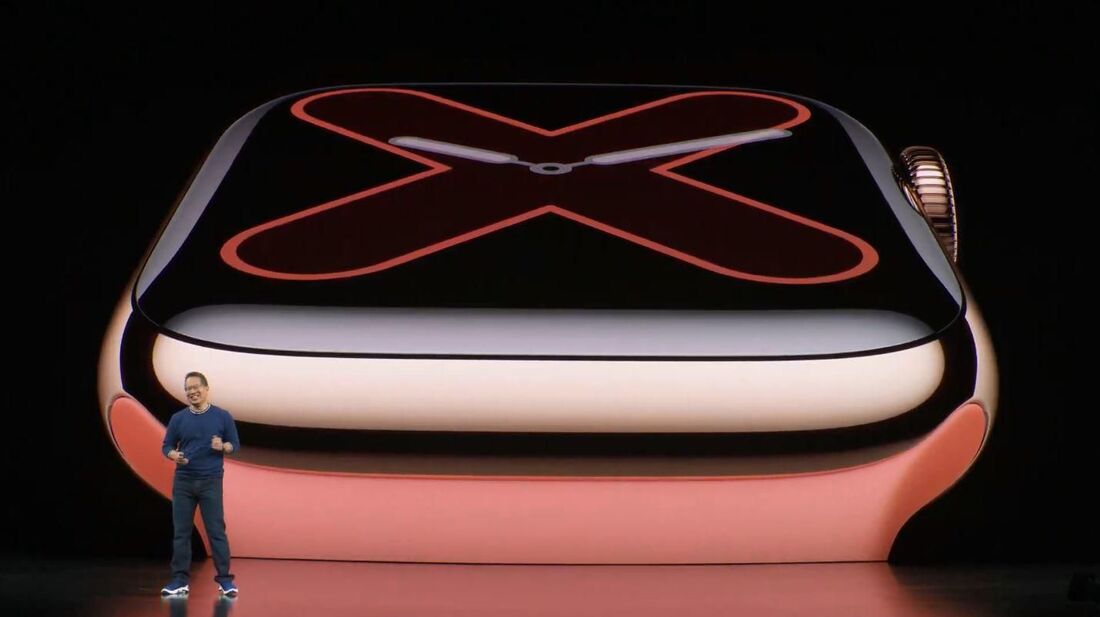
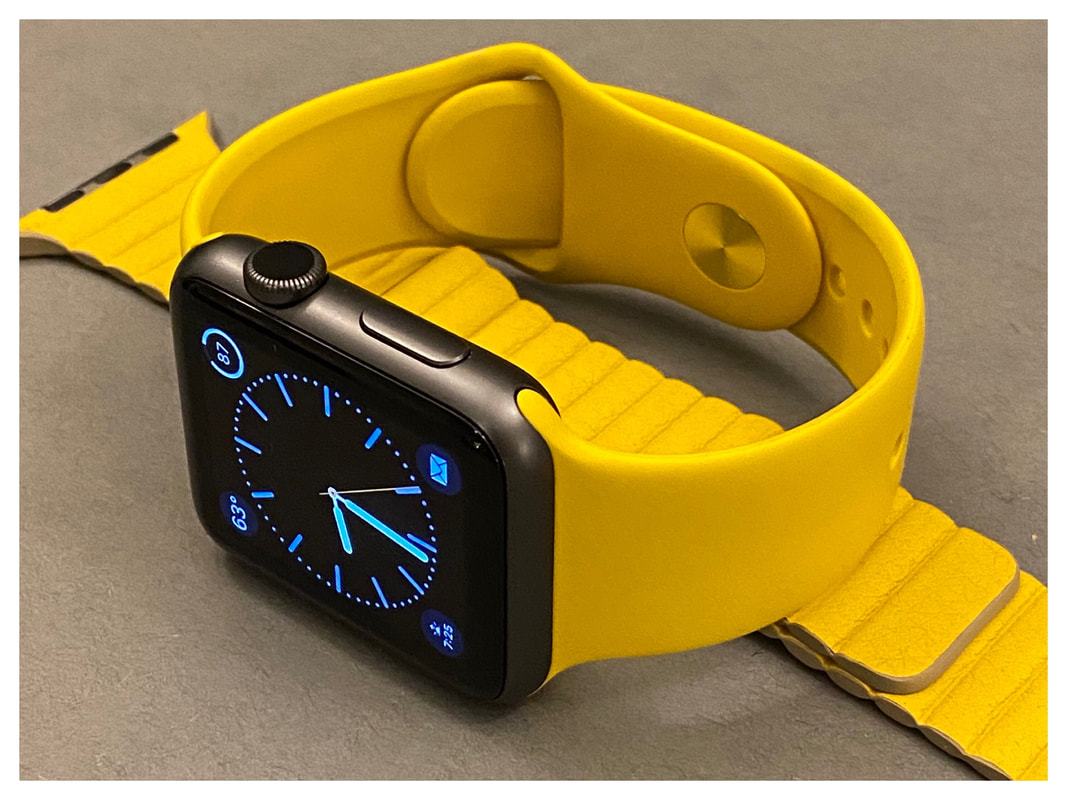
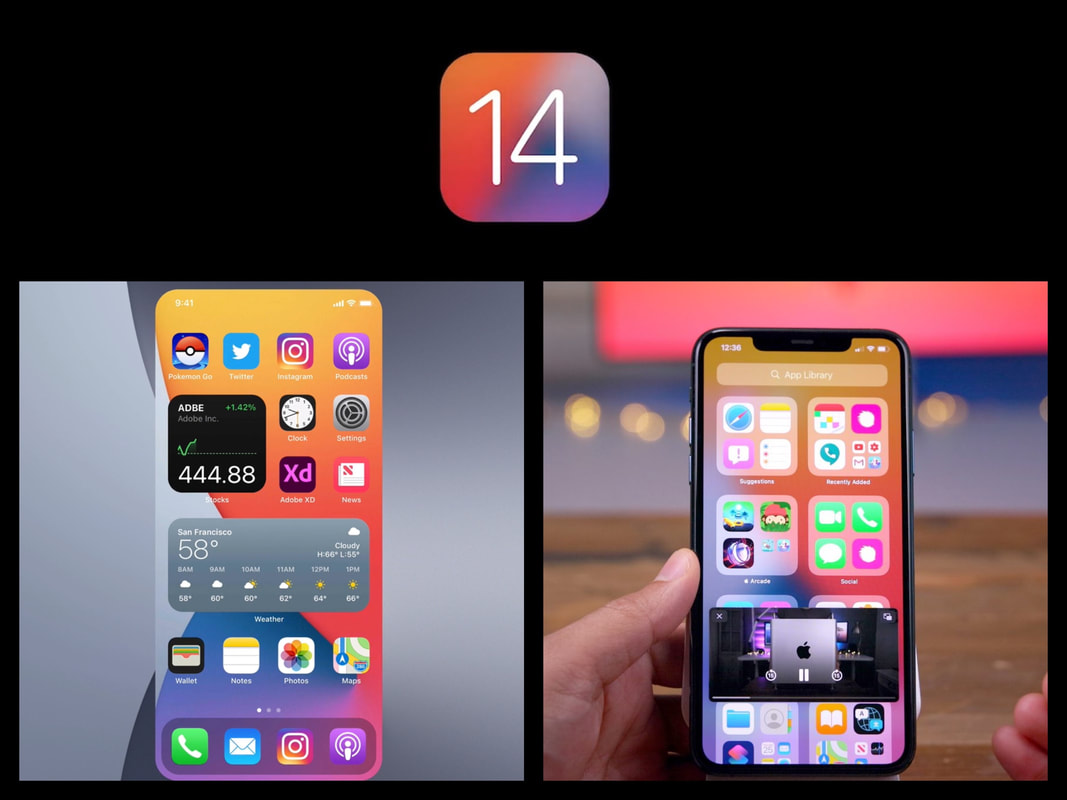
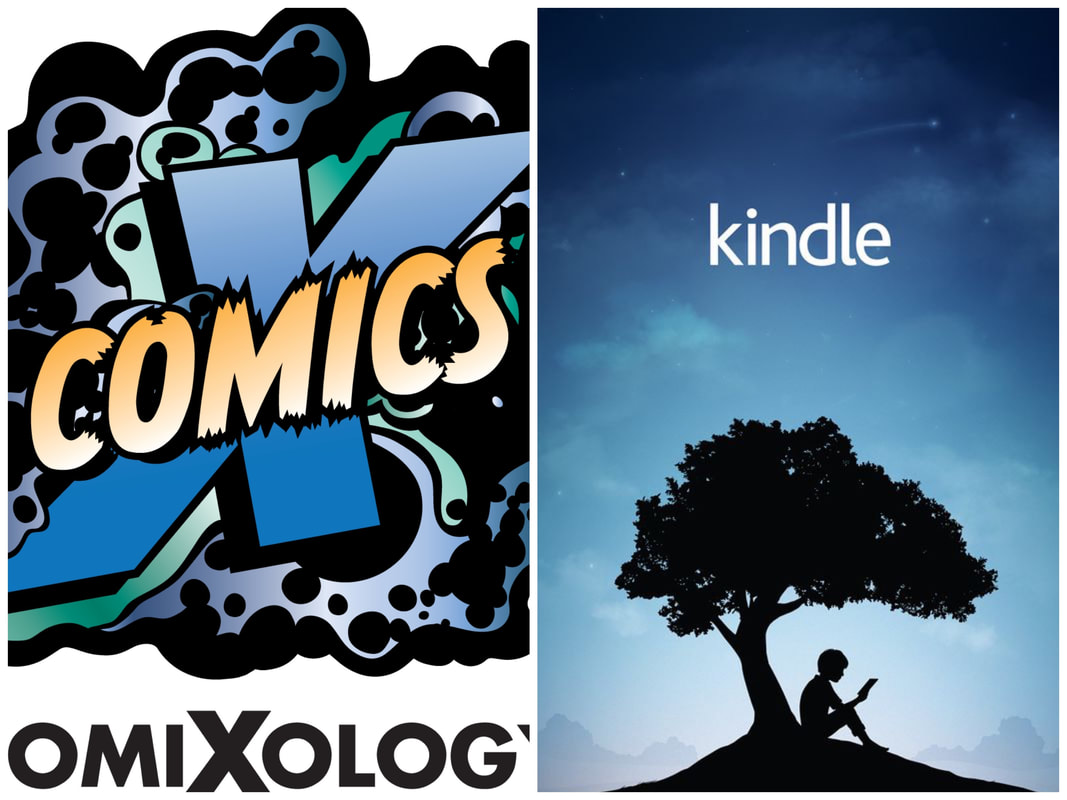
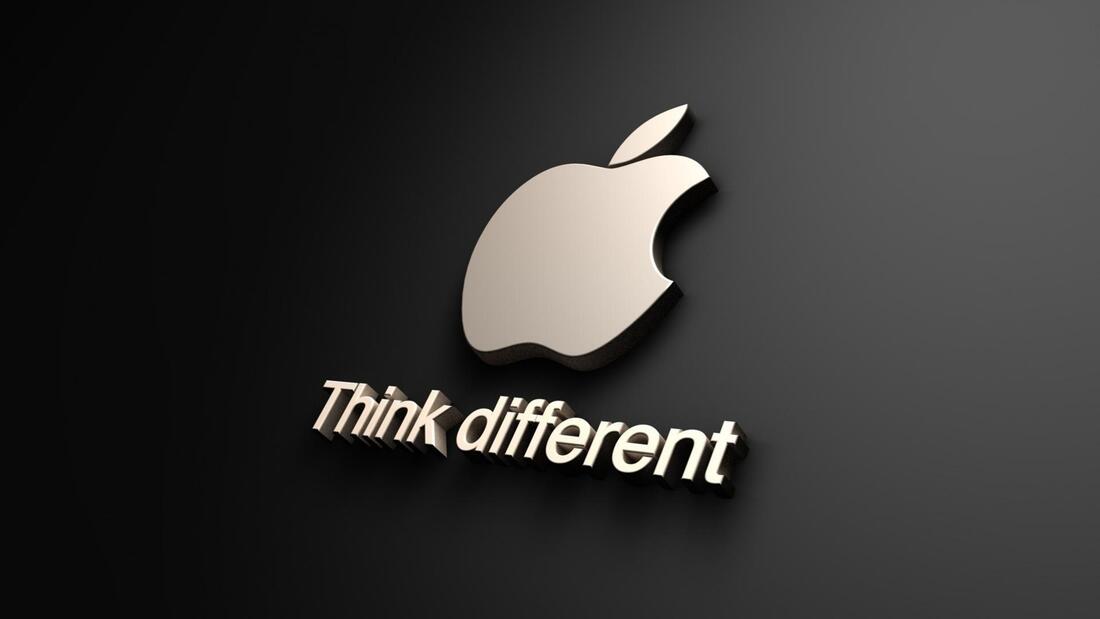
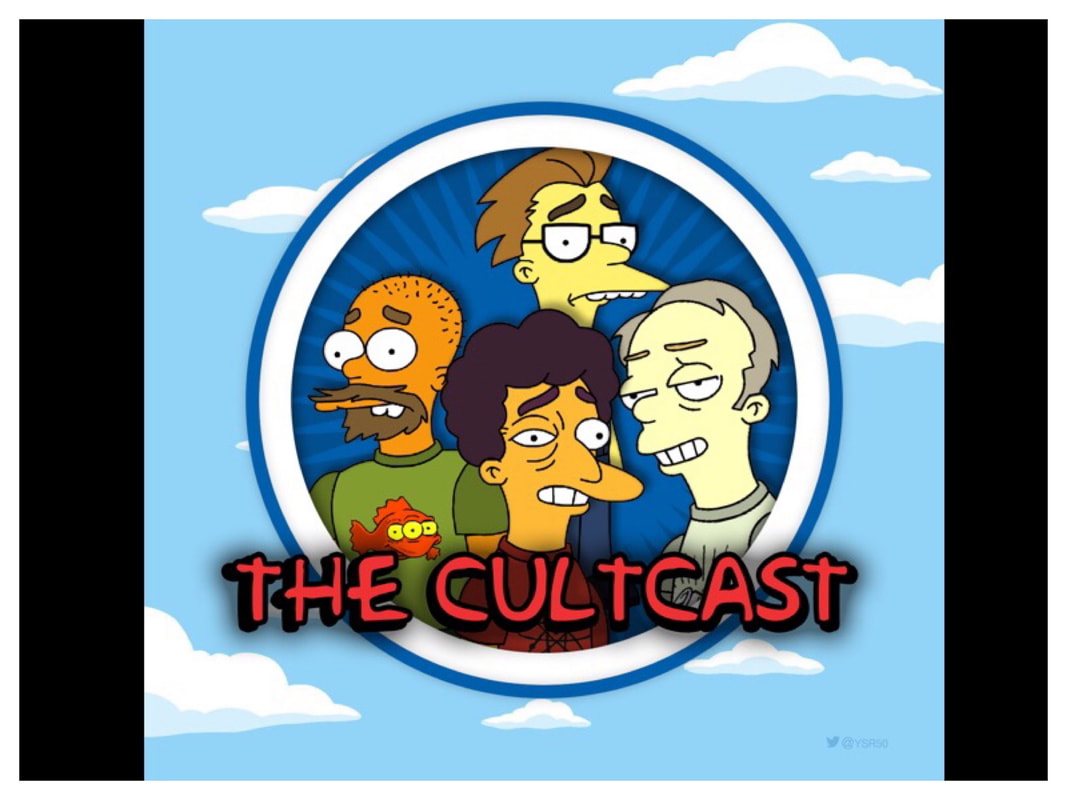
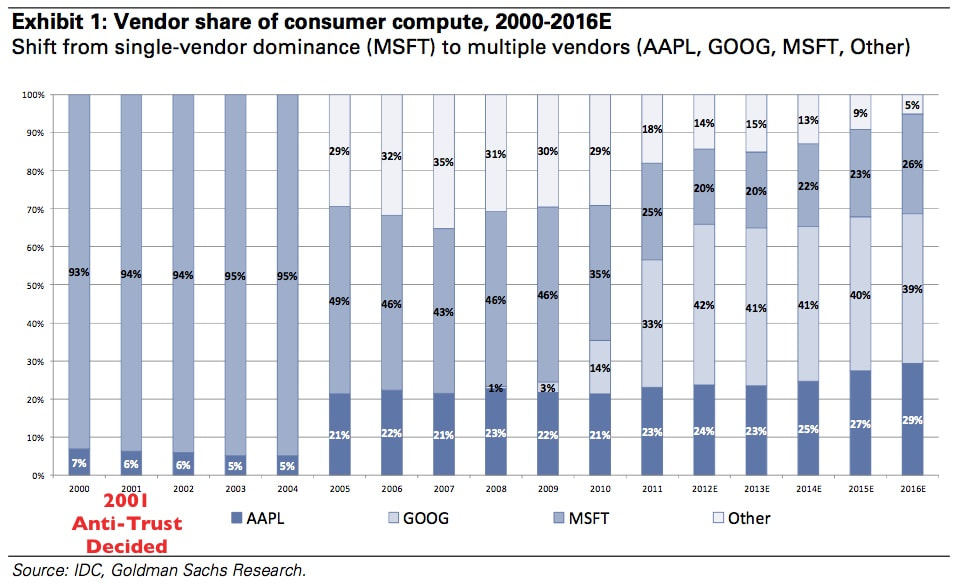
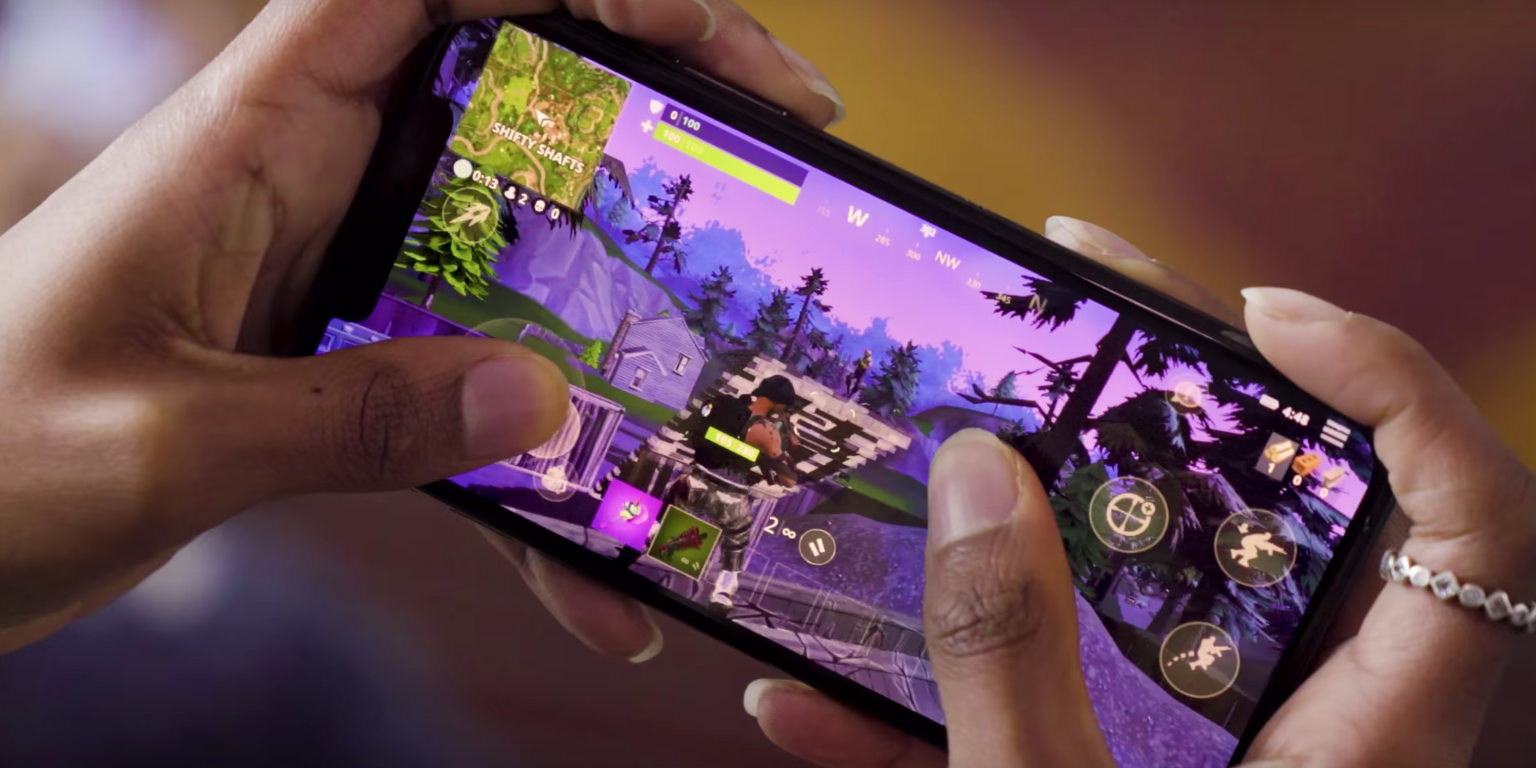
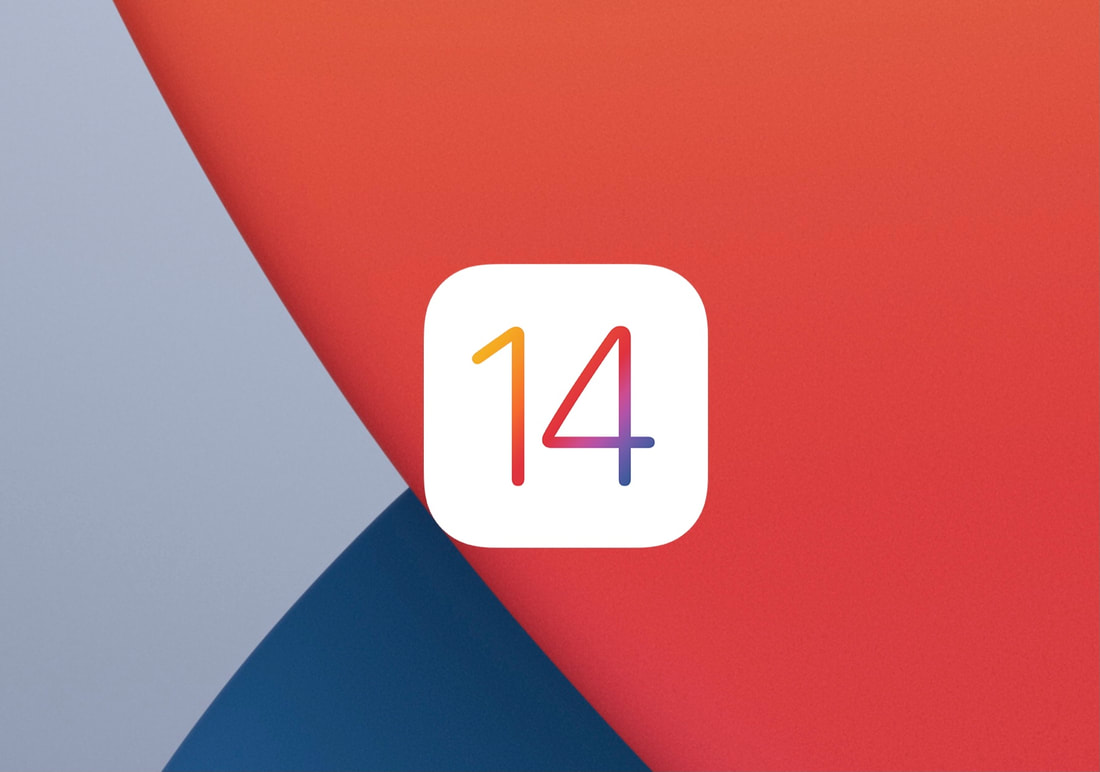

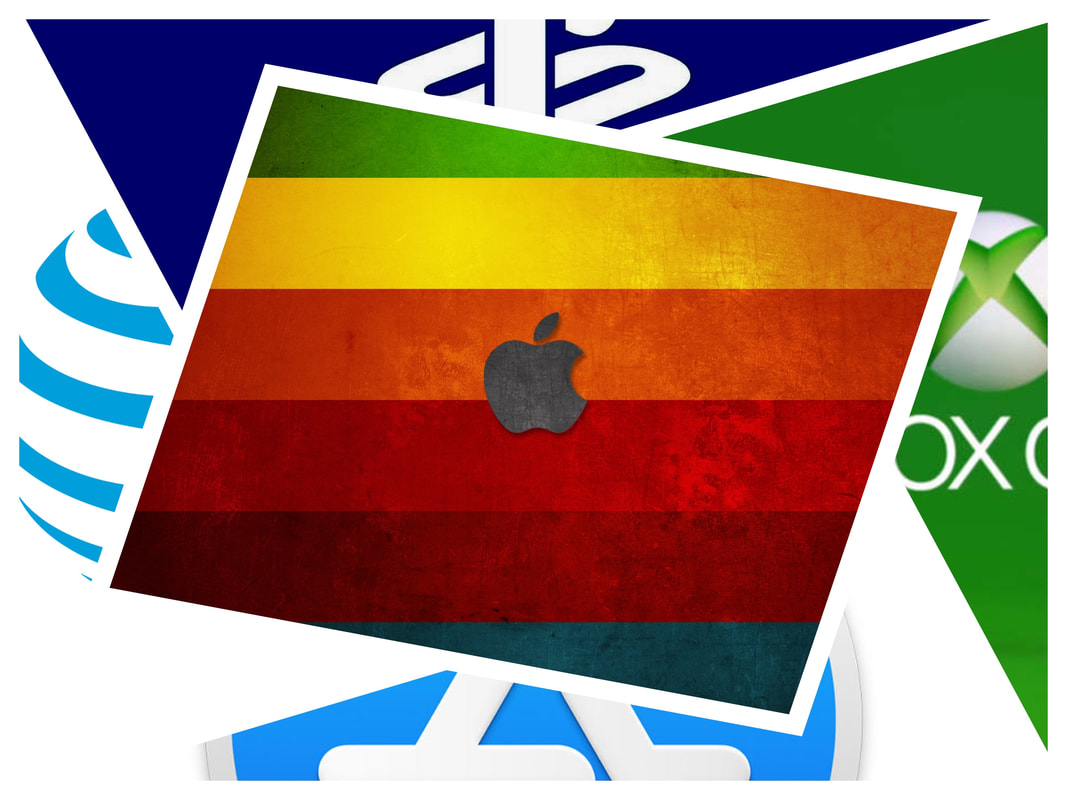
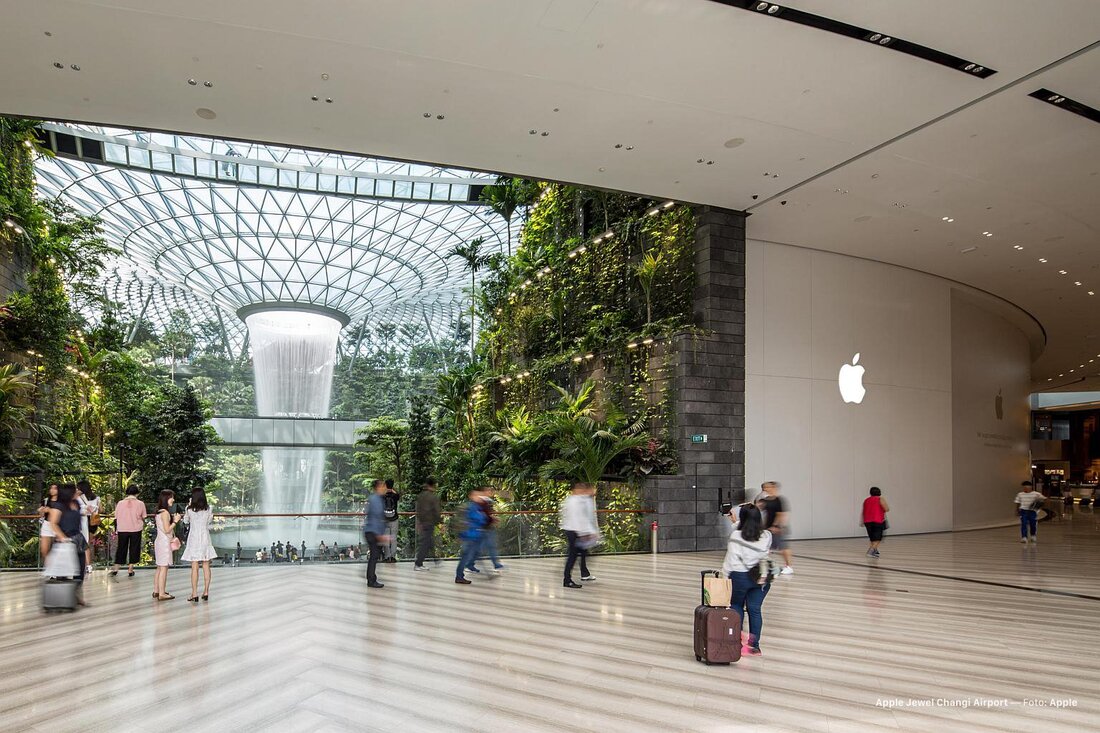



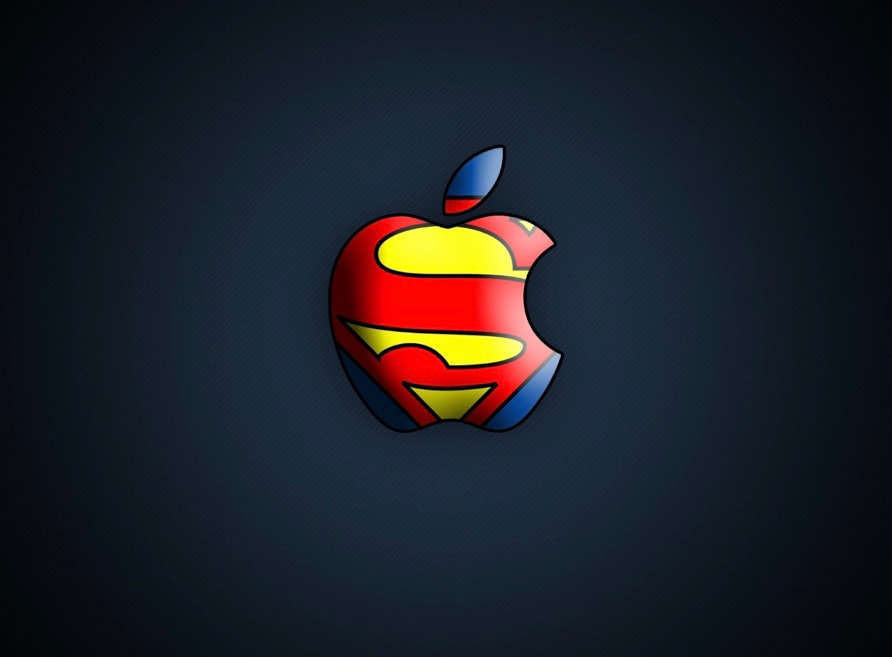
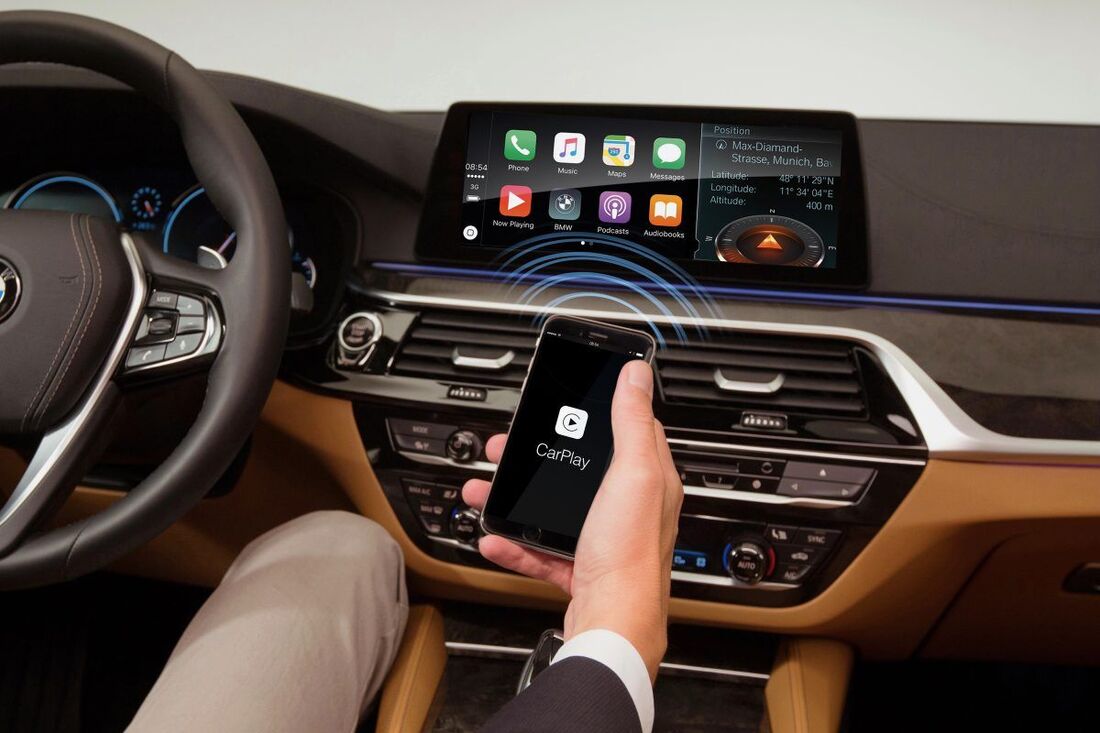

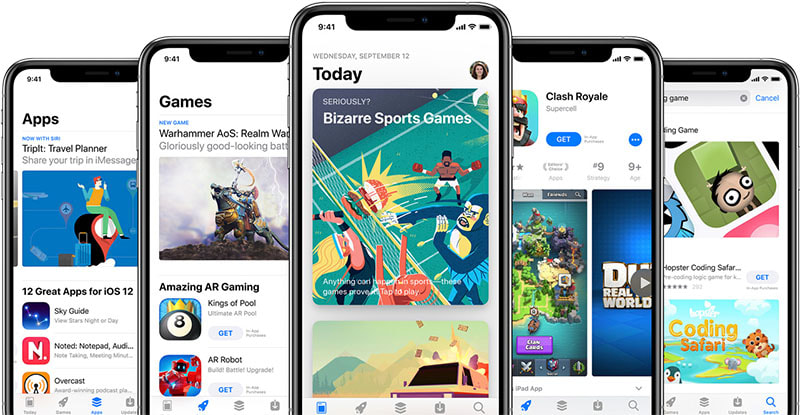
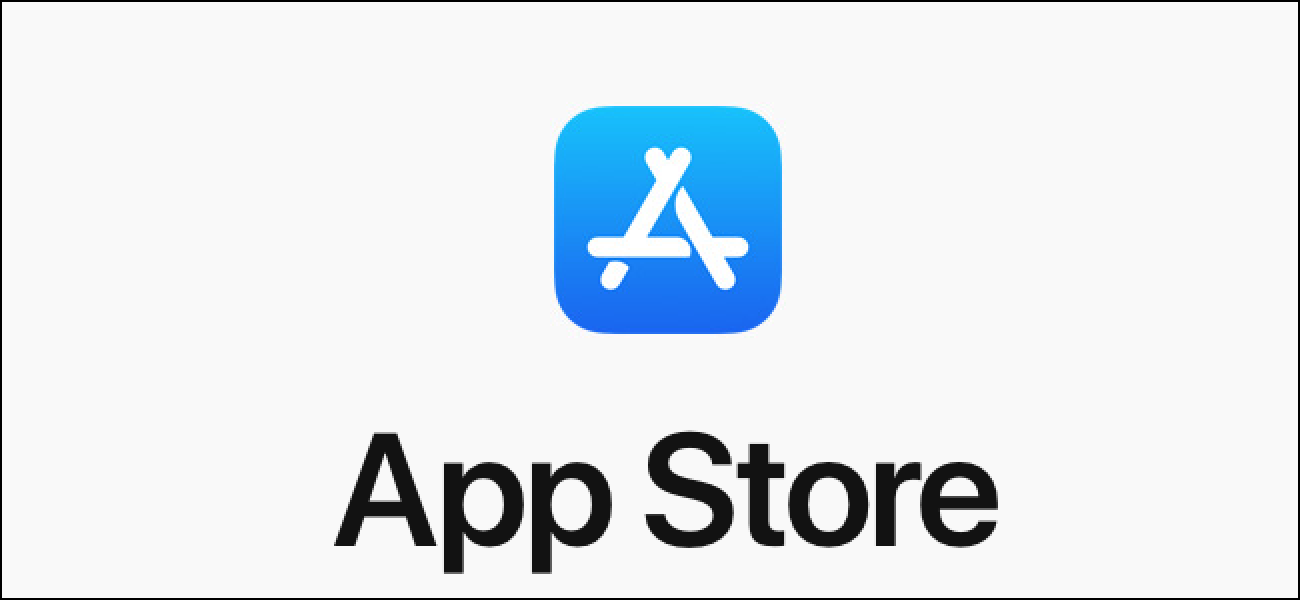
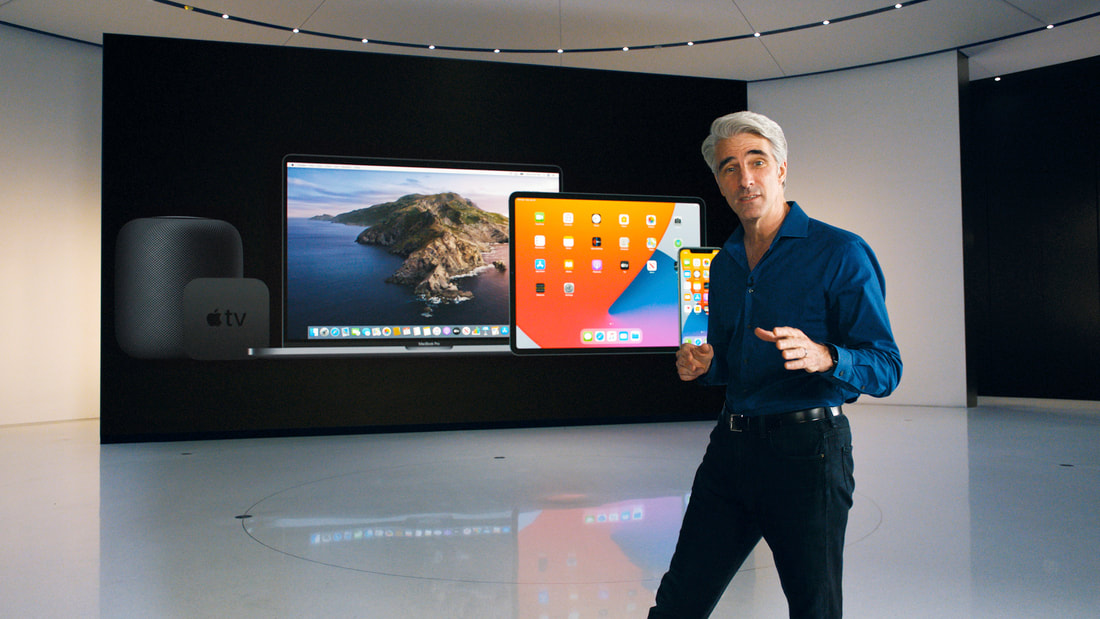
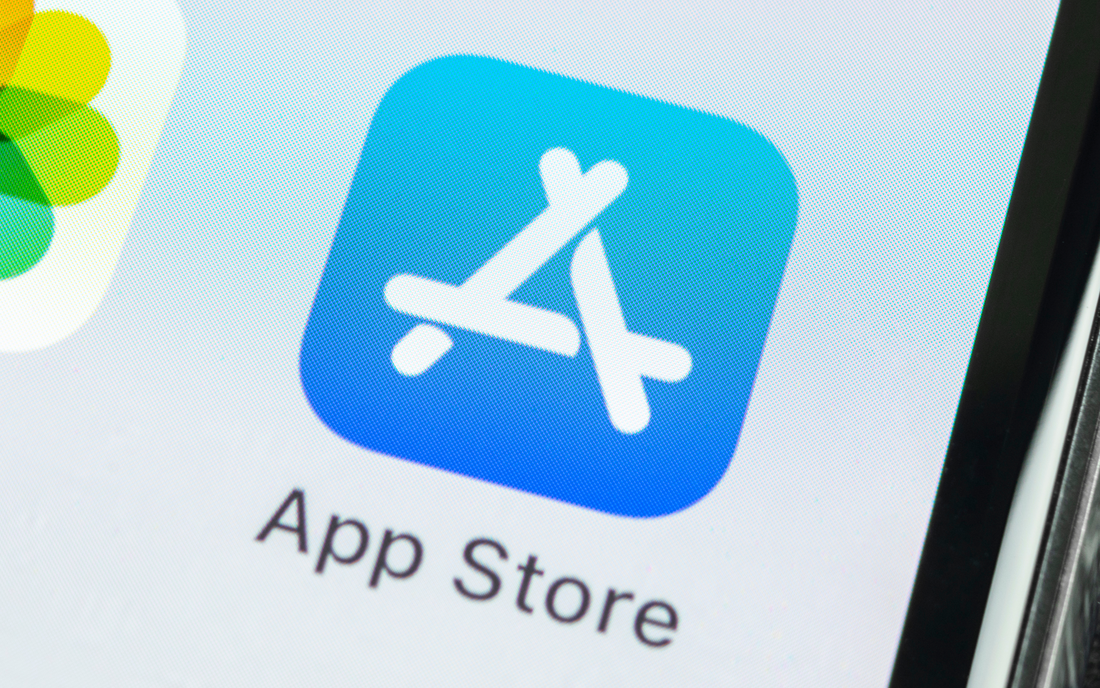

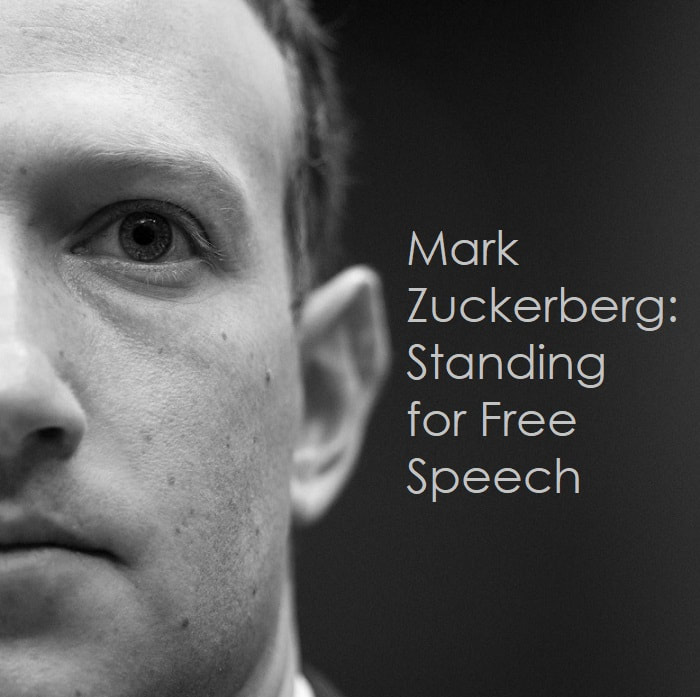

 RSS Feed
RSS Feed